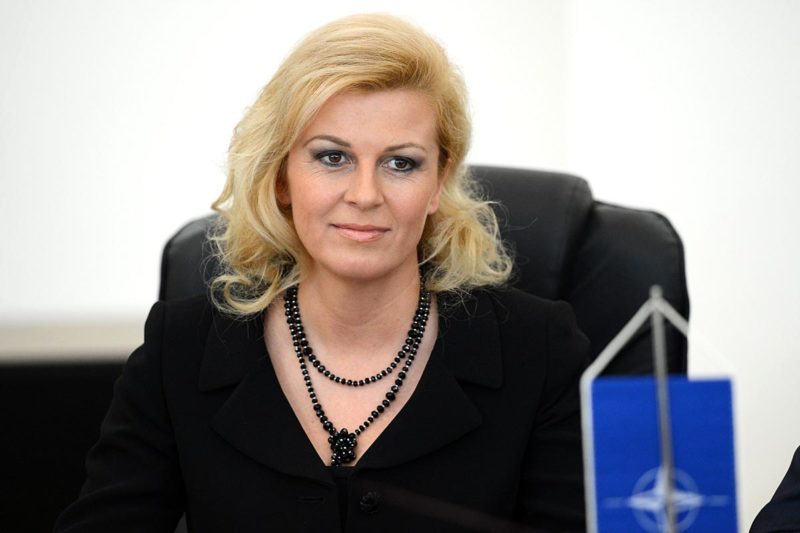Two months after the country’s Parliament endorsed the ratification of the Paris Agreement in April, Croatia on Wednesday, May 24, 2017 deposited its instrument of ratification for the global treaty on climate change.

The European nation has thus become the 147th Party to the Agreement, closely following Nigeria (146th Party), which also recently ratified the climate pact.
However, Croatia’s ratification will come into force on Friday, June 23, 2017, according to the United Nations Framework Convention on Climate Change (UNFCCC).
The Croatian Parliament on Friday, April 17, 2017 unanimously ratified the Paris Agreement, which the country signed in April last year. The voting was preceded by a debate.
The Paris Agreement was adopted on December 12, 2015 at the 21st session of the Conference of the Parties (COP21) to the UNFCCC held in Paris, France from November 30 to December 13, 2015.
On October 5, 2016, the threshold for entry into force of the Paris Agreement was achieved. The Paris Agreement entered into force on November 4, 2016. The first session of the Conference of the Parties serving as the Meeting of the Parties to the Paris Agreement (CMA 1) took place in Marrakech, Morocco in November, 2016.
The Paris Agreement builds upon the Convention and – for the first time – brings all nations into a common cause to undertake ambitious efforts to combat climate change and adapt to its effects, with enhanced support to assist developing countries to do so. As such, it charts a new course in the global climate effort.
The Paris Agreement’s central aim is to strengthen the global response to the threat of climate change by keeping a global temperature rise this century well below 2 degrees Celsius above pre-industrial levels and to pursue efforts to limit the temperature increase even further to 1.5 degrees Celsius. Additionally, the agreement aims to strengthen the ability of countries to deal with the impacts of climate change.
